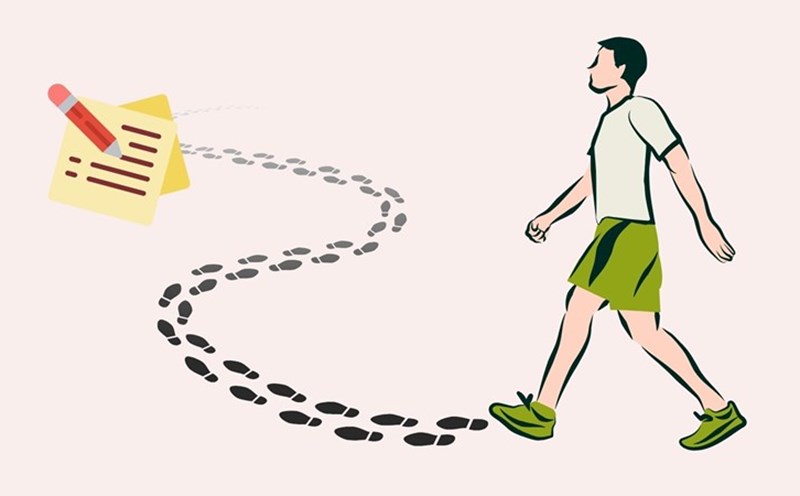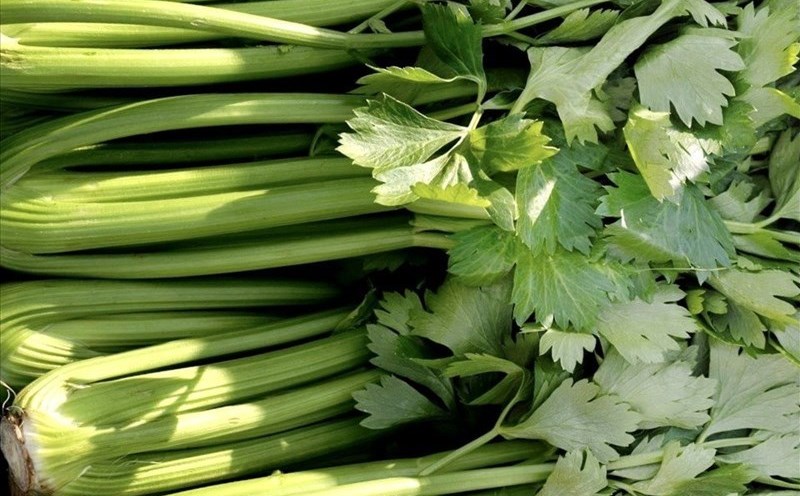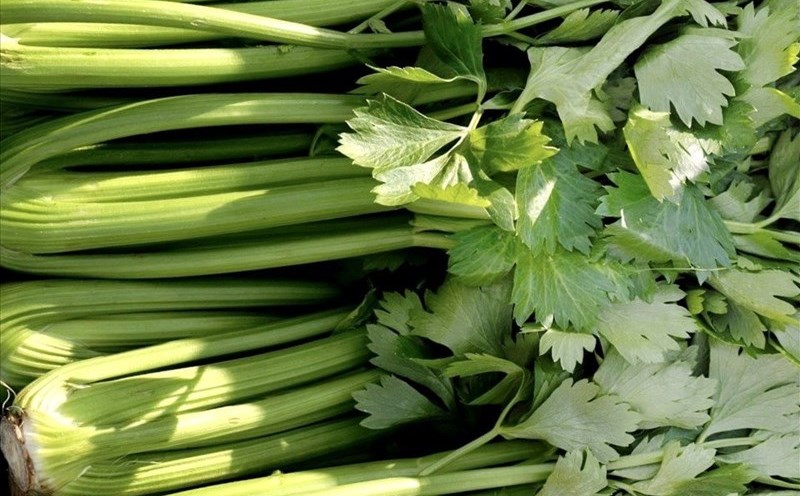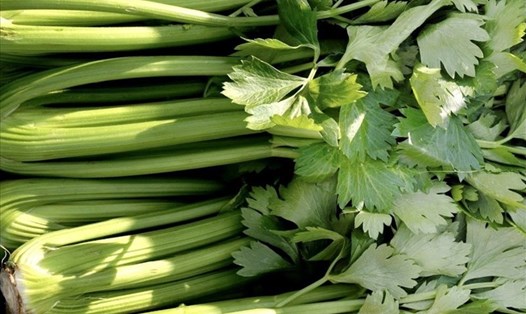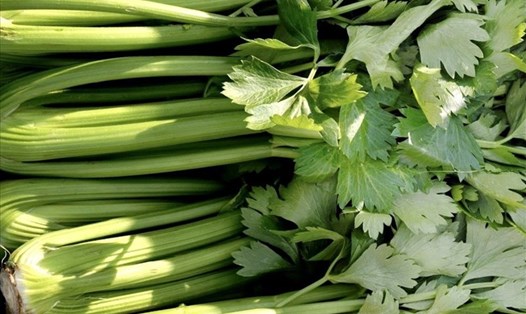Suggested salads include: green leaves, coriander, tomatoes, cucumbers, chickpeas and a little extra virgin olive oil + lemon).
How to prepare: Lettuce + coriander + cucumber + cherry tomato + 2-3 tablespoons boiled chickpeas + 1 tablespoon extra virgin olive oil + lemon juice + sunflower seeds (optional).
Eat 3-4 times/week, combined with reducing salt, limiting red meat and maintaining light exercise, this is a practical way to nourish the kidneys every day.
Fresh plants provide antioxidants (polyphenols, flavonoids, vitamin C), fiber and natural potassium, all of which help reduce chronic inflammation and protect renal Tube cells from oxidative stress.
Recent studies have shown that the Mediterranean or DASH diets ( vegetable jujube, olive oil, whole grains, less salt and red meat) are associated with reduced rate of excretion of the renalgolide (eGFR) and reduced risk of CKD compared to a diet low in fiber and high in processed foods.
Therefore, a salad in this spirit is a practical choice to increase the "defense" of the kidneys.
Environmental olive oil (EVOO): contains polyphenols that have anti-inflammatory effects, reduce oxidative stress in kidney tissue and have been linked to kidney protection benefits in research and some clinical trials.
Adding 1-2 tablespoons of olive oil to salads helps provide heart and kidney-healthy monounsaturated fats.
Coriander and herbs: traditionally used as a mild diuretic and has preclinical data, the recent review emphasizes the potential for reducing inflammation and supporting the urinary tract, although more large-scale clinical trials are needed.
When eaten as fresh vegetables in salads, parsley contributes to increasing the amount of antioxidants and supporting mild urine excretion.
Chickpeas (or boiled beans): provide plant protein, fiber and less renal acid compared to the equivalent amount of animal protein; large-scale observational research shows that consuming more plant protein is associated with a reduced risk of chronic kidney disease.
Although leafy salad is good for the majority of people, patients with chronic kidney failure at progressive stage need to be careful about the amount of potassium and phosphorus in their diet.
Some cases need to limit vegetables rich in potassium; therefore, people with diagnosed kidney disease should consult a doctor or nutritionist before increasing the amount of raw vegetables.
Avoid adding too much salt or ice cream, which are harmful to the kidneys.

